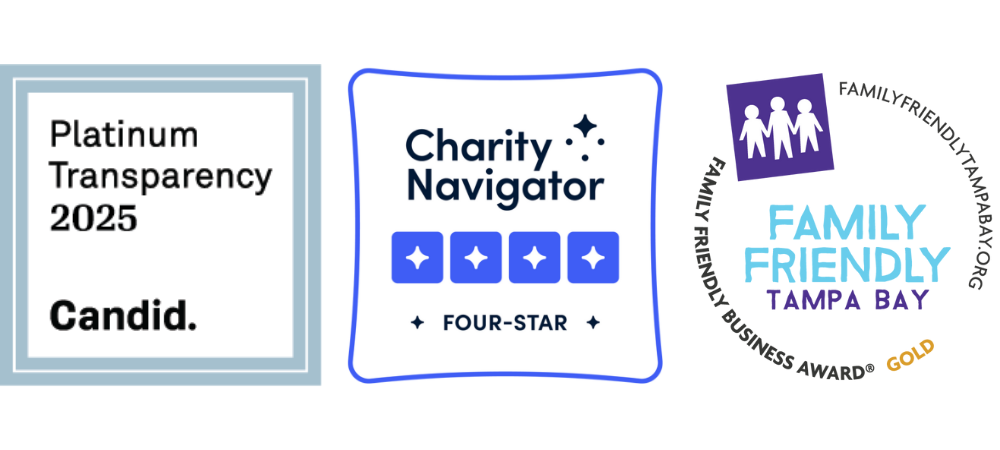This fall, almost 17 million students across the country are expected to start and continue their higher education. Some students are relishing the opportunities of enlightenment, exploration and growth that come with college experiences. Others are squarely focused on a specific technical skill and certificate or degree that will lead to a targeted career. What all students have in common is the goal of completion. The quest of a postsecondary credential binds this diverse body of students together. However, the outcome is not the same for all students.
Unfortunately, students of color, low income and those who are the first generation in their family to go to college often struggle with issues of access to college and persistence once in college. Even high achieving students from these sub-populations often lack the navigational capital to fully maximize their postsecondary education potential. Students facing challenges such as finances, poor college matching, test preparation and lack of appropriate guidance sometimes land in college settings not best suited for their skills and talents. For some of these students, the obstacles and barriers along the way become too burdensome, causing them to stop-out and never complete the degree or certificate pathway they started. This outcome is not only bad for the students, many of whom accumulate debt along the way with no degree to show for it, but it is also a challenge for communities trying to build global talent to compete with the increasing education levels in other communities, states and countries.
Recognizing the relationship between the economy and the availability of local talent/residents with the postsecondary degree or credential, communities across Florida are uniting around efforts to decrease barriers for students to complete their degrees or certificates and increase the number of working-aged adults with a high quality credential or degree. One of the more recent additions to this effort is Pinellas County, who joined the LEAP Tampa Bay College Access Network in December 2017.
As a community that has traditionally had a higher than average level of postsecondary attainment among working-aged adults compared to the state and nation, the LEAP partners in Pinellas County decided an important initial step was to take a close look at the Pinellas data. In June 2018, LEAP Tampa Bay released the first research report in partnership with the Pinellas Education Foundation and supported by the Foundation for a Healthy St. Petersburg, titled, “The State of Postsecondary Access and Attainment in Pinellas County”. While the data in the report is readily available, the report was the first time a variety of community partners came together to produce a single report from which to look at workforce, K-12 and higher education data.
The report release was followed immediately with a community convening where a variety of stakeholders, including parents, students, educators, nonprofits, philanthropy, government entities and business leaders came together to review and discuss the information presented in the report. Rather than the researchers telling the community what they should see in the data, LEAP Tampa Bay wanted to hear from the community. The community input amplified some of the key takeaways found in the report.
First, the participants clearly saw the multifaceted nature of attainment. The report presented that 42% of Pinellas County residents have an associate’s degree or higher, which is higher than the average for Florida and the United States. However, the data is missing information on high-quality postsecondary certificates and industry certifications, an area of significant emphasis in both the K-12 and college system in Pinellas County. The information on attainment of technical credentials is not tracked nationally in the same way as 2- and 4-year degrees. Also noted, were six out of the ten most in-demand occupations in Pinellas require a postsecondary certificate versus a degree leading some participants to ponder how do we promote those certificate opportunities to more students.
Another key takeaway were the strong pathways that exist between Pinellas educational institutions. The majority of Pinellas County Schools’ graduates are enrolling in St. Petersburg College and USF. While convening attendees were pleased to see high enrollment rates, they expressed concern when comparing the enrollment data to the college success data, especially among sub-populations of students, i.e. racial/ethnic groups and income levels, which showed lower completion rates when compared to peer groups.
A third key focal point was financial aid. The Pinellas student FAFSA completion rate was on par with the Florida average. However, the completion rate was woefully behind the number of students who expressed aspirations to go to college. Recognizing the role that affordability plays in family and student decision making around pursuing college, attendees saw a significant need to raise awareness of FAFSA and also assist in advancing completion of FAFSA.
Another opportunity identified revolved around the issue of equity. The availability of disaggregated data led to robust conversations around the disparities that exist between sub-populations. Almost every indicator available to be analyzed for this report revealed that different populations are achieving and struggling in different ways and for different reasons. The overarching outcome was the realization that raising attainment rates will not be fully achieved without a clear focus on the support and interventions needed for minority, low-income and first generation students and families.
The final takeaway from the report and community convening revolves around the community energy and commitment to changing the outcomes for students. In 9 short months, Pinellas community leaders came together to produce the report, analyze the results and begin the types of conversations needed to impact student lives. Going forward the focus will be on action by amplifying what is working and making it more impactful and devising new interventions for opportunities where students and families are not being served effectively. LEAP Tampa Bay is making this possible. For more information about how you can be a part of creating change in Pinellas County, please visit www.leaptampabay.org.
Stacy Baier, President of the Pinellas Education Foundation (www.pinellaseducation.org) and founding member of the LEAP Tampa Bay College Access Network

